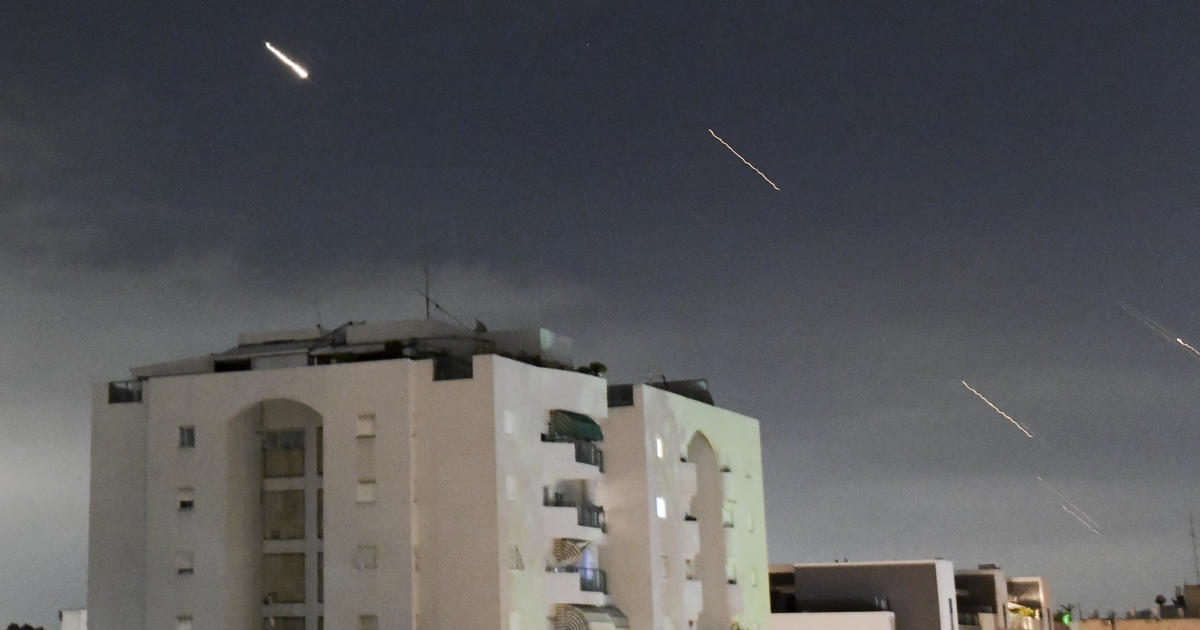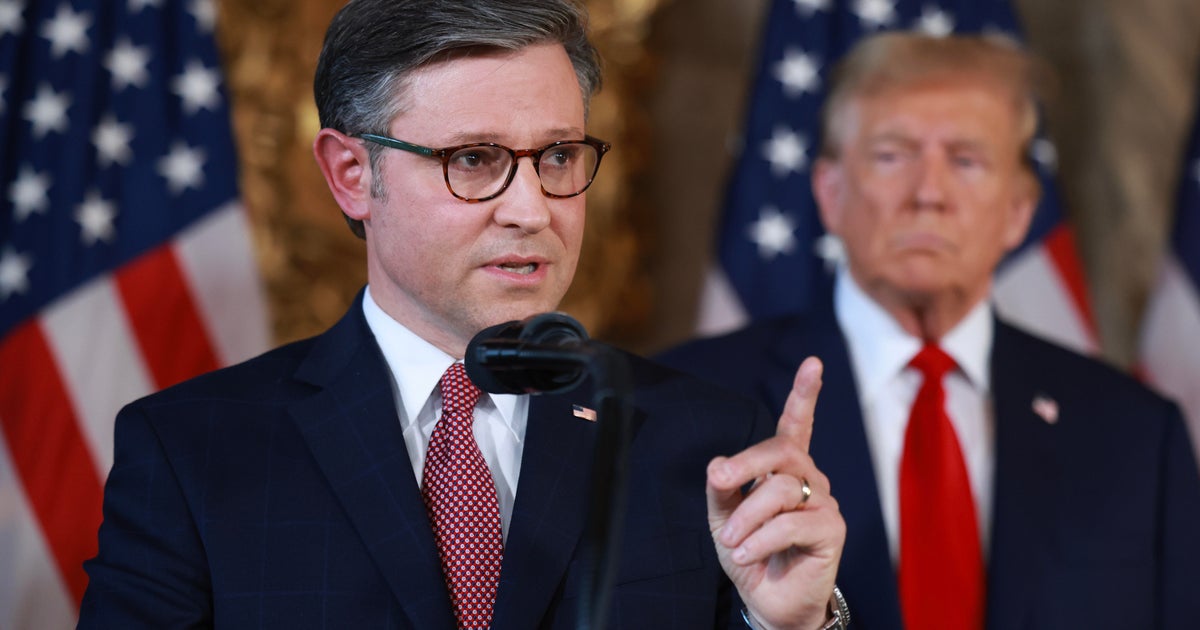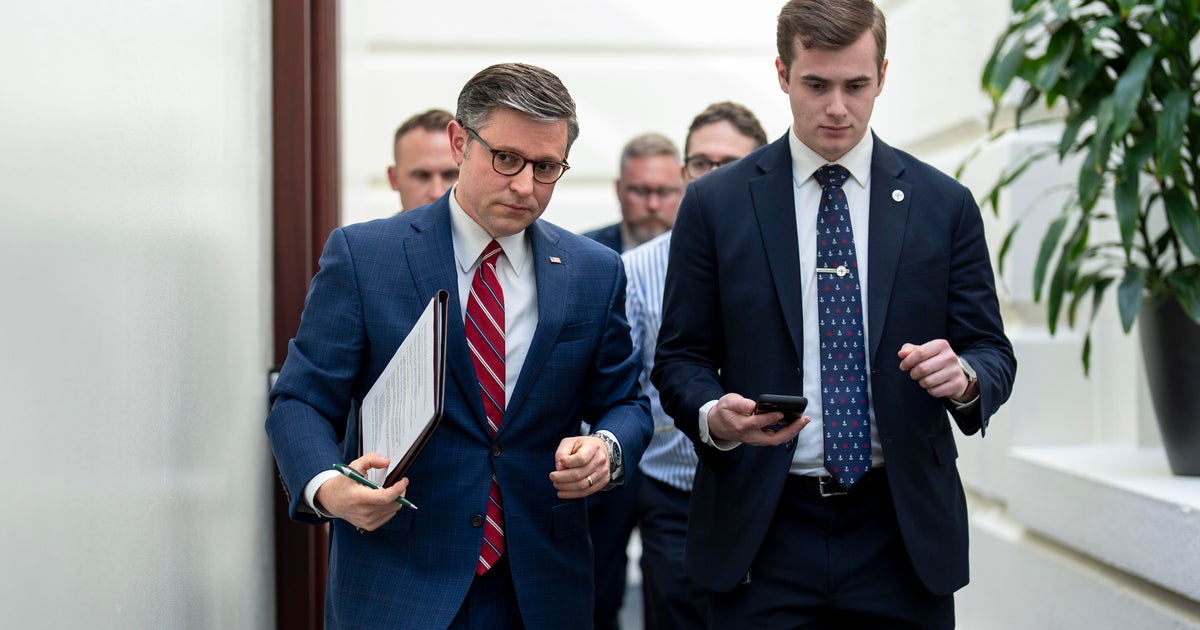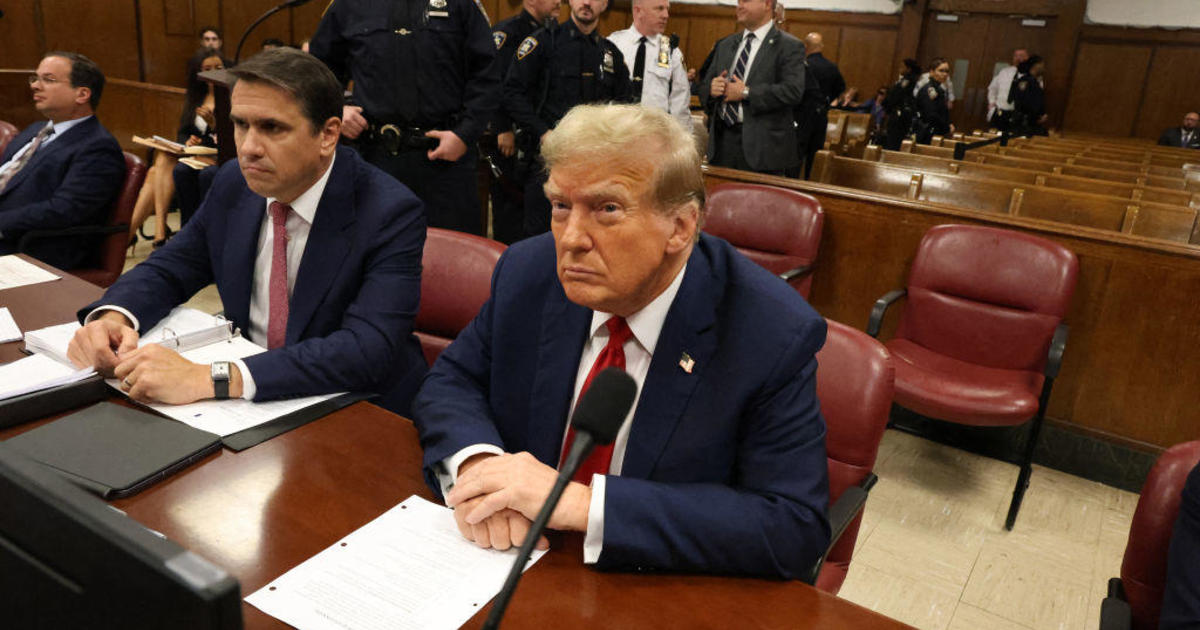Pompeo embarks on Mideast leg of first trip as secretary of state
RIYADH, Saudi Arabia — Secretary of State Mike Pompeo arrived in Saudi Arabia on Saturday, the start of a Middle East visit that officials said he would use to call on European and other nations to impose further sanctions against Iran.
Pompeo reached the Saudi capital shortly after Iran-backed Houthi rebels in Yemen said they had fired eight ballistic missiles at Saudi Arabia's southern city of Jizan.
The Saudi civil defense directorate said one person had been killed by shrapnel from the attack, which damaged two houses. It said four missiles had been intercepted by the kingdom's air defense forces.
Senior U.S. officials traveling with Pompeo blamed Iran for smuggling the missiles into Yemen. They said the incident underscored the importance of the Trump administration's push to counter Iranian supported-aggression in the region. Iran has backed the Houthi rebellion in Yemen and is helping Syrian President Bashar Assad's government fight rebels.
Pompeo planned talks with the Saudi king, crown prince and foreign minister just weeks ahead of several key dates that could further roil the volatile region. After leaving Saudi Arabia on Sunday, Pompeo will fly to Israel and Jordan before ending his first trip abroad as America's top diplomat.
The officials said Iran's long-and medium-range missile programs had to be countered as part of efforts to strengthen the Iran nuclear deal, from which President Trump has threatened to withdraw.
The officials said Pompeo would call on other nations to impose tougher sanctions against Iranian people, businesses and government agencies involved in missile development. They said he'd also stress the U.S. commitment to the defense of Saudi Arabia, Israel and other friends and partners in the region.
The officials traveling with Pompeo said the secretary would also raise Mr. Trump's concern about the festering dispute between Qatar on one side and its Gulf Cooperation Council partners Saudi Arabia, Bahrain and the United Arab Emirates on the other.
The dispute, the officials said, is hampering unified efforts to confront Iran's increasing assertiveness and giving Iran room to expand its influence.
Pompeo will also press the Saudis on contributing more to stabilization efforts in territory in Syria recently liberated from the Islamic State group.
The officials were not authorized to publicly preview Pompeo's meetings with Saudi leaders and spoke on condition of anonymity.
Mr. Trump has a May 12 deadline to decide whether to pull out of the Iran nuclear deal, something he appears likely to do despite heavy pressure to stay in from European and other parties. After a three-day visit to Washington this week, French President Emmanuel Macron said he believes Mr. Trump will leave the deal.
Two days after the deadline, the U.S. plans to open its new embassy in Jerusalem. That will mark a significant shift in decades of American policy toward Israel and the Palestinians, who also claim the holy city as their capital.
The embassy move is deeply opposed by the Palestinians, who on May 15 will mark the anniversary of what they term the "nabka," or catastrophe, when they fled or were driven from their homes during the 1948 Palestine war. Dozens of Palestinians have been killed by Israeli fire during recent violent protests along border between Israel and Gaza.
On Friday at a NATO foreign ministers meeting in Brussels, the first stop on his trip, Pompeo repeated Trump's pledge to withdraw from the Iran deal unless it is significantly strengthened. He said the U.S. was "unlikely" to stay in if that was not done.
"Absent a substantial fix, absent overcoming the shortcomings, the flaws of the deal, he is unlikely to stay in that deal past this May," Pompeo said.
Also looming over the trip is uncertainty over Mr. Trump's policy on Syria, which has shifted between a speedy all-out withdrawal of American forces from the country and leaving a lasting footprint to deter Iran from completing a land bridge from Tehran to Beirut.
Meanwhile, in a different region of the world, Pompeo is expected to continue to play a pivotal role in U.S. interactions with North Korea as the U.S. seeks denuclearization. Pompeo met with North Korean leader Kim Jong Un over Easter weekend, and is expected to continued to play a role in a possible U.S.-North Korea meeting. Mr. Trump has said the U.S. will be meeting with Kim in the coming weeks, and the possible locations for such a meeting, as CBS News chief White House correspondent Major Garrett has reported, have been narrowed down to Mongolia and Singapore.
As CBS News' Kylie Atwood has reported, Pompeo's gaol on the trip is to put a finer point on exactly what the U.S. means by denuclearization, placing the responsibility on North Korea. If the U.S. goes in with a clear definition of denuclearization, the expectations will already be set for the anticipated meeting. Mr. Trump has said denuclearization means North Korea should "get rid" of nuclear weapons.



